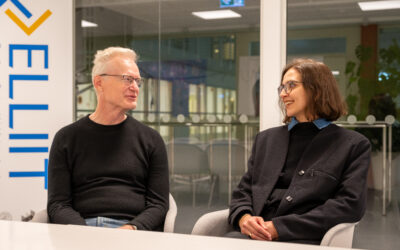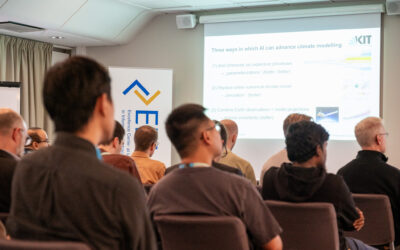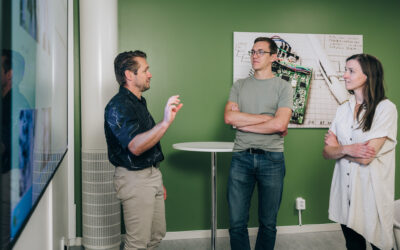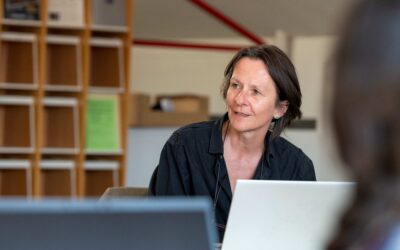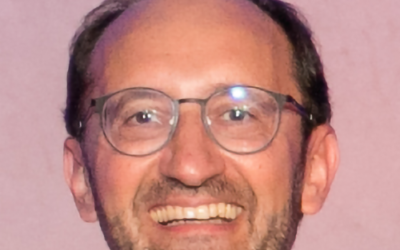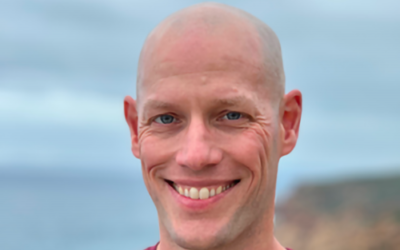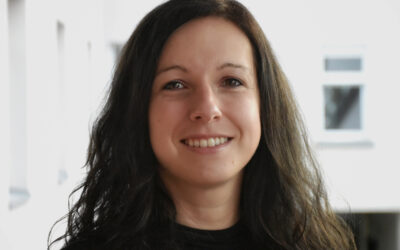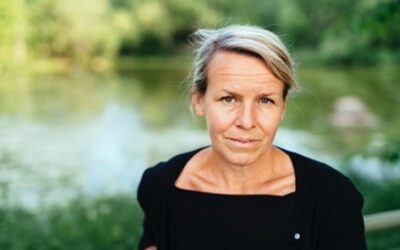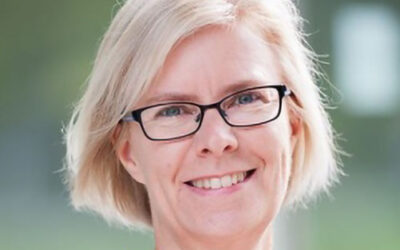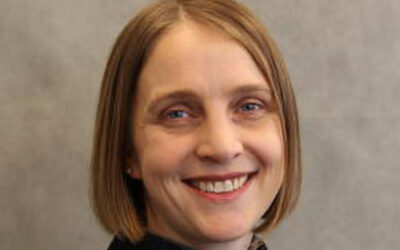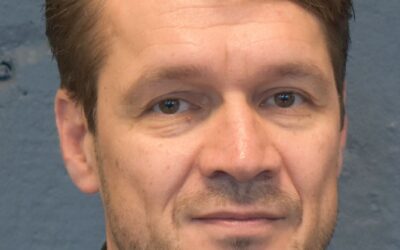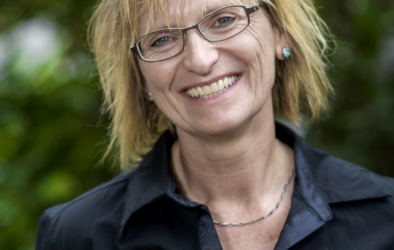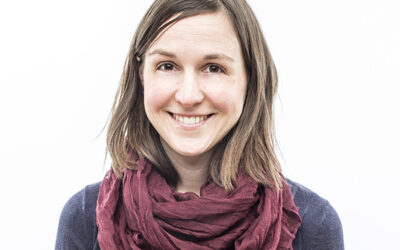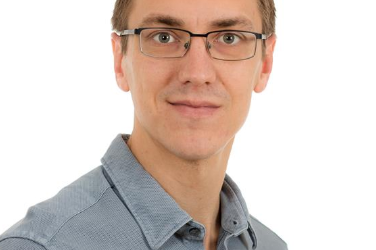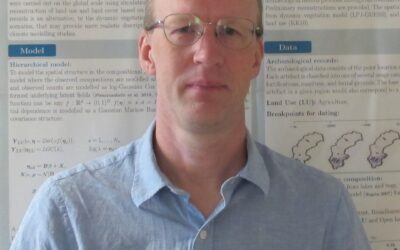Focus Period Symposium
Three days of discussions, keynote talks and networking in Linköping, 8 – 10 October 2024
Seminar series
The visiting scholars will all give a public seminar on campus presenting their work
Reports from the focus period
The focus period resulted in new collaborations for the climate
In the fall of 2024, researchers from around the world once again gathered at Linköping University for ELLIIT's five-week focus period. This time, the goal was to initiate and deepen collaborations in climate research using machine learning.The strategic research...
Symposium Aiming to Improve the Climate
In the fall of 2024, Linköping University once again hosted ELLIIT's five-week-long focus period. This ambitious guest researcher program aimed for greater breadth in interdisciplinarity this year, with the theme of machine learning for climate science.The concept...
New article about machine learning for climate science
Linköping University has published an article about ELLIIT's upcoming focus period. Representatives from ELLIIT, Michael Felsberg, Fredrik Lindsten, and Tove Kvarnström, were interviewed for the article regarding the topic of machine learning for climate science.A...
Scientific committee
The scientific committee consists of internationally renowned researchers, active within the topic of the focus period. The committee members, in collaboration with the organizers, suggest speakers for the symposium, and visiting scholars for the focus periods. The majority of the members of the scientific committee also contribute to the event as speakers during the symposium.
Almut Arneth
Professor at Karlsruhe Institute of Technology (KIT), Germany
Gustau Camps-Valls
Professor at University of Valencia (Spain)
Marc Deisenroth
Professor at University Collage London (United Kingdom)
Ramón Fuentes Franco
Research scientist at SMHI
(Sweden)
Paul Miller
Senior Lecturer at Lund University (Sweden)
Shakir Mohamed
Director for research at Google Deepmind (UK)
Ribana Roscher
Professor at Forschungszentrum Jülich and University of Bonn (Germany)
Tina-Simone Neset
Professor at Linköping University (Sweden)
Gunilla Svensson
Professor at Stockholm University (Sweden)
Thordis Thorarinsdottir
Associate Professor at University of Oslo and Chief Research Scientist at NR (Norway)
Organizing committee
The organizing committee consists of researchers from the ELLIIT institutions and administrators. Their role is to appoint the scientific committee, select speakers and visiting scholars, plan the focus period activities, and serve as hosts during the event.
Michael Felsberg
Professor at Linköping University (Sweden)
Natascha Kljun
Professor at Lund University (Sweden)
Tove Kvarnström
Focus Period Coordinator at Linköping University (Sweden)
Fredrik Lindsten
Associate Professor at Linköping University (Sweden)
Karin Oldbring
Coordinator at Linköping University (Sweden)
Johan Lindström
Senior lecturer at Lund University (Sweden)

